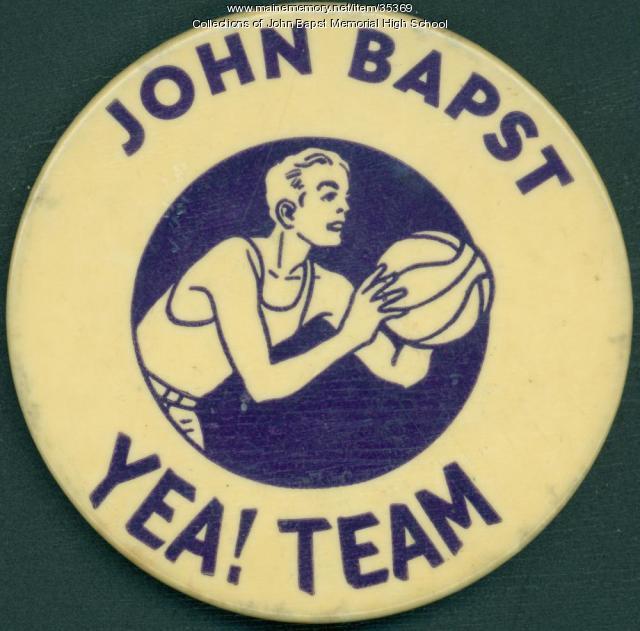Keywords: Auditorium
- Historical Items (76)
- Tax Records (1)
- Architecture & Landscape (4)
- Online Exhibits (10)
- Site Pages (15)
- My Maine Stories (1)
- Lesson Plans (0)
Online Exhibits
Your results include these online exhibits. You also can view all of the site's exhibits, view a timeline of selected events in Maine History, and learn how to create your own exhibit. See featured exhibits or create your own exhibit
Exhibit
A fire and two men whose lives were entwined for more than 50 years resulted in what is now considered to be "the Jewel of Portland" -- the Austin organ that was given to the city of Portland in 1912.
Exhibit
John Bapst High School was dedicated in September 1928 to meet the expanding needs of Roman Catholic education in the Bangor area. The co-educational school operated until 1980, when the diocese closed it due to decreasing enrollment. Since then, it has been a private school known as John Bapst Memorial High School.
Exhibit
In Maine, like many other states, a newly formed Ku Klux Klan organization began recruiting members in the years just before the United States entered World War I. A message of patriotism and cautions about immigrants and non-Protestants drew many thousands of members into the secret organization in the early 1920s. By the end of the decade, the group was largely gone from Maine.
Exhibit
The National Federation of Business and Professional Women's Clubs (NFBPWC) held their seventh annual convention in Portland during July 12 to July 18, 1925. Over 2,000 working women from around the country visited the city.
Exhibit
Maine Medical Center, Bramhall Campus
Maine Medical Center, founded as Maine General Hospital, has dominated Portland’s West End since its construction in 1871 on Bramhall Hill. As the medical field grew in both technological and social practice, the facility of the hospital also changed. This exhibit tracks the expansion and additions to that original building as the hospital adapted to its patients’ needs.
Exhibit
Hermann Kotzschmar: Portland's Musical Genius
During the second half of the 19th century, "Hermann Kotzschmar" was a familiar household name in Portland. He spent 59 years in his adopted city as a teacher, choral conductor, concert artist, and church organist.
Exhibit
We Used to be "Normal": A History of F.S.N.S.
Farmington's Normal School -- a teacher-training facility -- opened in 1863 and, over the decades, offered academic programs that included such unique features as domestic and child-care training, and extra-curricular activities from athletics to music and theater.
Exhibit
One Hundred Years of Caring -- EMMC
In 1892 five physicians -- William H. Simmons, William C. Mason, Walter H. Hunt, Everett T. Nealey, and William E. Baxter -- realized the need for a hospital in the city of Bangor had become urgent and they set about providing one.
Exhibit
Begin Again: reckoning with intolerance in Maine
BEGIN AGAIN explores Maine's historic role, going back 528 years, in crisis that brought about the pandemic, social and economic inequities, and the Black Lives Matter movement in 2020.
Exhibit
For one hundred years, Acadia National Park has captured the American imagination and stood as the most recognizable symbol of Maine’s important natural history and identity. This exhibit highlights Maine Memory content relating to Acadia and Mount Desert Island.










